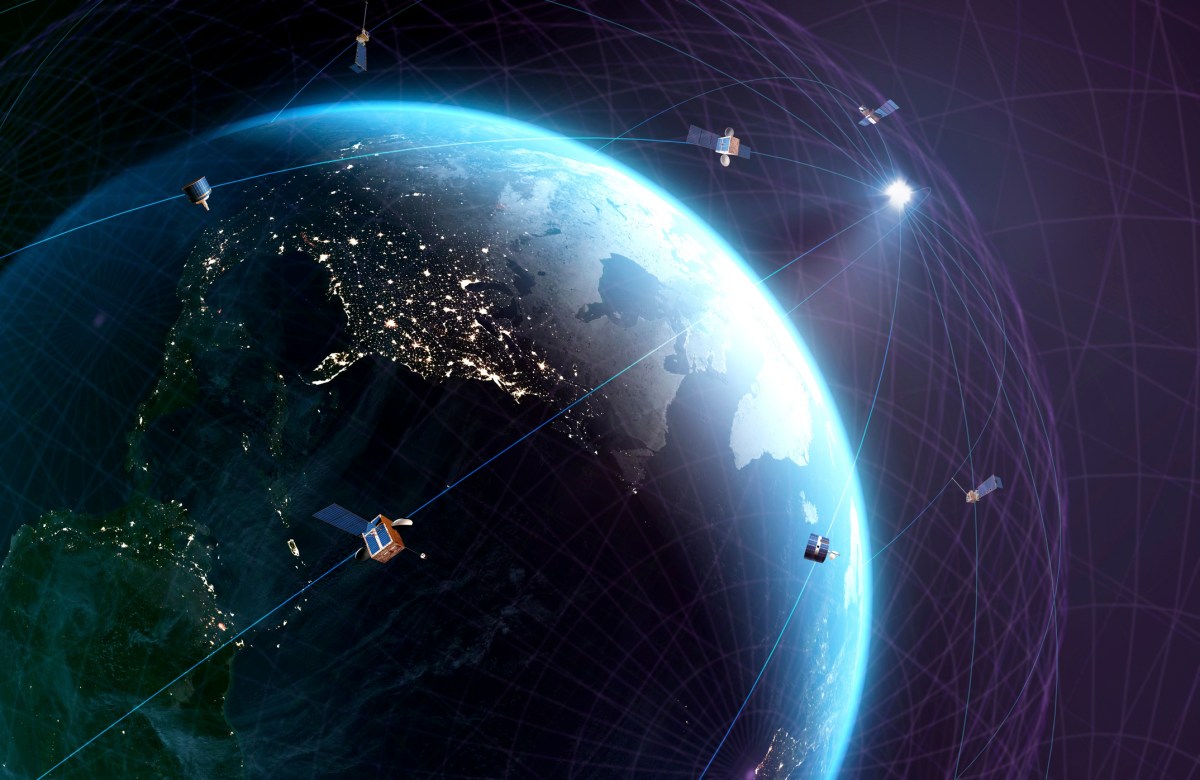French AI startup Mistral has released a slew of updates to its product portfolio as it looks to remain competitive in the cutthroat AI space.
Mistral’s Le Chat chatbot platform can now search the web — with citations in line, a la OpenAI’s ChatGPT. It’s also gained a “canvas” tool along the lines of ChatGPT Canvas, allowing users to modify, edit, or transform content leveraging Mistral’s AI models.
“You can use [the canvas feature] to create documents, presentations, code, mockups… the list goes on,” Mistral writes in a blog post. “You’re able to modify its contents in place without regenerating responses, version your drafts, and preview your designs.”
Beyond all this, Le Chat can now process large PDF docs and images for analysis and summarization, including docs containing graphs and equations. As of today, the platform incorporates Black Forest Labs‘ Flux Pro model for image generation. And Le Chat can now host automated workflows for tasks such as scanning for expense reporting and invoice processing; Mistal calls these “agents.”
Some of the new features in Le Chat are made possible by Mistral’s new models.
One, Pixtral Large, can process both text and images — it’s the second in Mistral’s Pixtral family of models. Weighing in at 124 parameters, Pixtral Large matches or bests leading models including Anthropic’s latest Claude 3.5 Sonnet, Google’s Gemini 1.5 Pro, and OpenAI’s GPT-4o on certain multimodal benchmarks. (Parameters roughly correspond to a model’s problem-solving skills, and models with more parameters generally perform better than those with fewer parameters.)
“Particularly, Pixtral Large is able to understand documents, charts, and natural images,” Mistral wrote in a blog post. “The model demonstrates frontier-level image understanding.
Mistral has also unveiled a new version of Mistral Large, its flagship line of text-only models. Called Mistral Large 24.11, the new model brings “notable improvements” in long context understanding, making it well-suited for use cases like document analysis and task automation, Mistral says.
Both Pixtral Large and Mistral Large 24.11 are available under two licenses: a more restrictive license for research and academic use and an enterprise license for experimentation, testing, and commercialization. Mistral Large 24.11 will also be available on cloud platforms including Google Cloud and Microsoft Azure in the coming days, Mistral says.
Paris-based Mistral, which recently raised $640 million in venture capital, continues to gradually expand its AI offerings. Over the past few months, the company has launched a free service for developers to test its models, an SDK to let customers fine-tune those models, and new models, including a generative model for code called Codestral.
Co-founded by alumni from Meta and Google’s DeepMind, Mistral’s stated mission is to create flagship models that rival the best-performing models today, like OpenAI’s GPT-4o and Anthropic’s Claude — and ideally make money in the process. While the “making money” bit is proving to be challenging (as it is for most generative AI startups), Mistral reportedly began to generate revenue this summer.



















 English (US) ·
English (US) ·